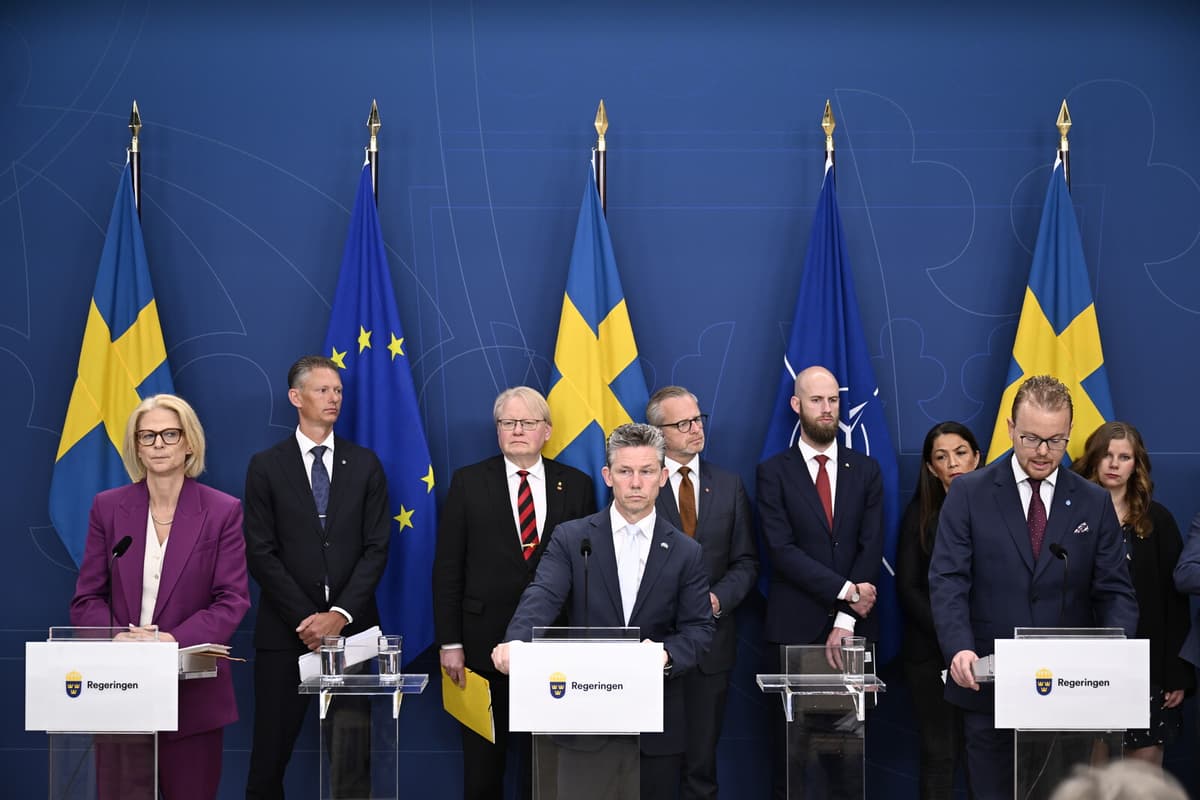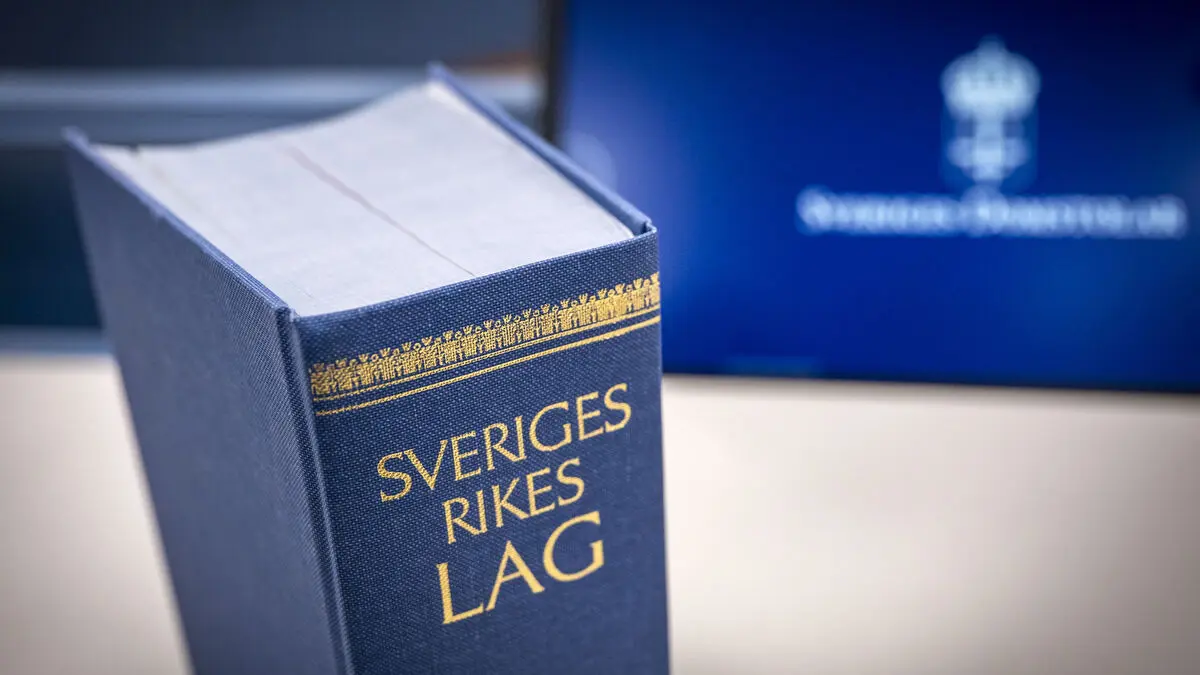Prime Minister Ulf Kristersson (M) can attend the NATO summit in The Hague next week with a historic agreement in the back. All eight parliamentary parties now support rapid armament of the defense with loans of up to 300 billion kronor.
The broad consensus in the Swedish parliament is almost unique in an international comparison, says Defense Minister Pål Jonson (M).
At the summit, NATO is expected to decide that at least 3.5 percent of GDP should be spent on military defense and an additional 1.5 percent on civil defense.
This is expected to mean that Sweden's defense allocation must be increased by 70 billion kronor per year. Today, the defense budget is around 140 billion.
Learning Russian
With the help of loans of up to 300 billion, the goals are expected to be achieved by 2032, without too painful savings or tax increases.
But the idea is that the loan financing should be phased out after 2030 and the armament should start being paid through the state budget. The goal is for the public finances to be in balance by 2035.
Finance Minister Elisabeth Svantesson (M) defends the plan to pass the bill on to the future.
What I do not want to leave to other generations is a country that cannot defend itself, she says.
I do not want our children and grandchildren to be forced to learn Russian.
How the bill will be paid in the long run, the parties do not agree on.
We need to find financing now, during this time, step by step, says Svantesson.
"Regardless of government"
The Moderate Party hopes it will happen by getting Sweden's growth going and thus increasing tax revenues, and through prioritization.
It will be tax increases and savings regardless of government if we are to manage a level increase of 70 billion to the military defense, says Socialdemokraterna's economic policy spokesperson Mikael Damberg, on the other hand.
Vänsterpartiet's economic policy spokesperson Ida Gabrielsson would have wanted an agreement on a new preparedness tax already now. She defends the loan financing, however.
Had we not done this, already today important parts of the welfare would have been pushed aside, she says.
Of the loan framework of 300 billion, 50 billion is allocated to civil defense. This can, for example, involve investments in infrastructure and storage of food, medicines, and fuel.
This is simply a stronger Sweden that rises to meet a difficult world situation, says Minister for Civil Defense Carl-Oskar Bohlin (M).






